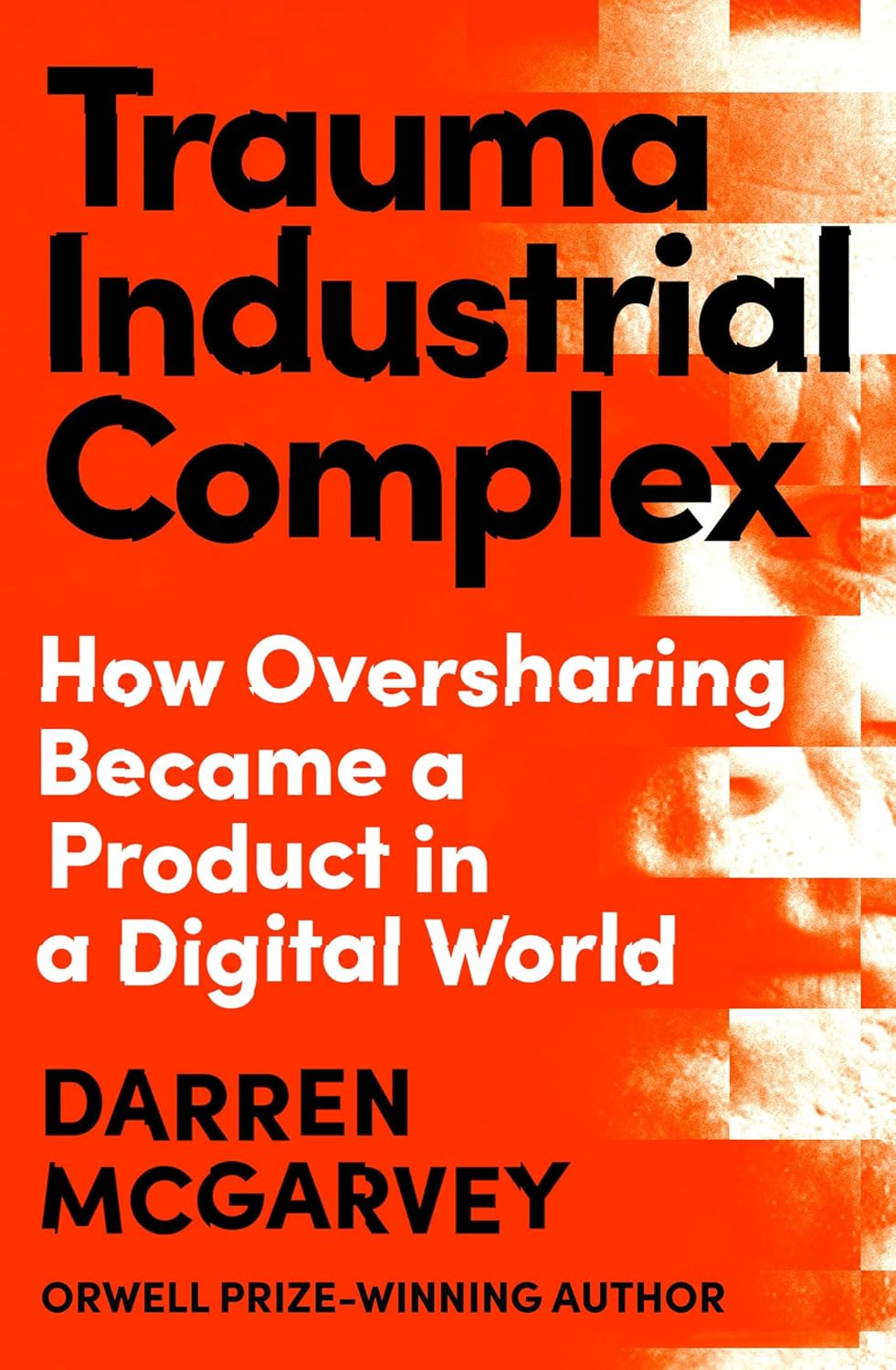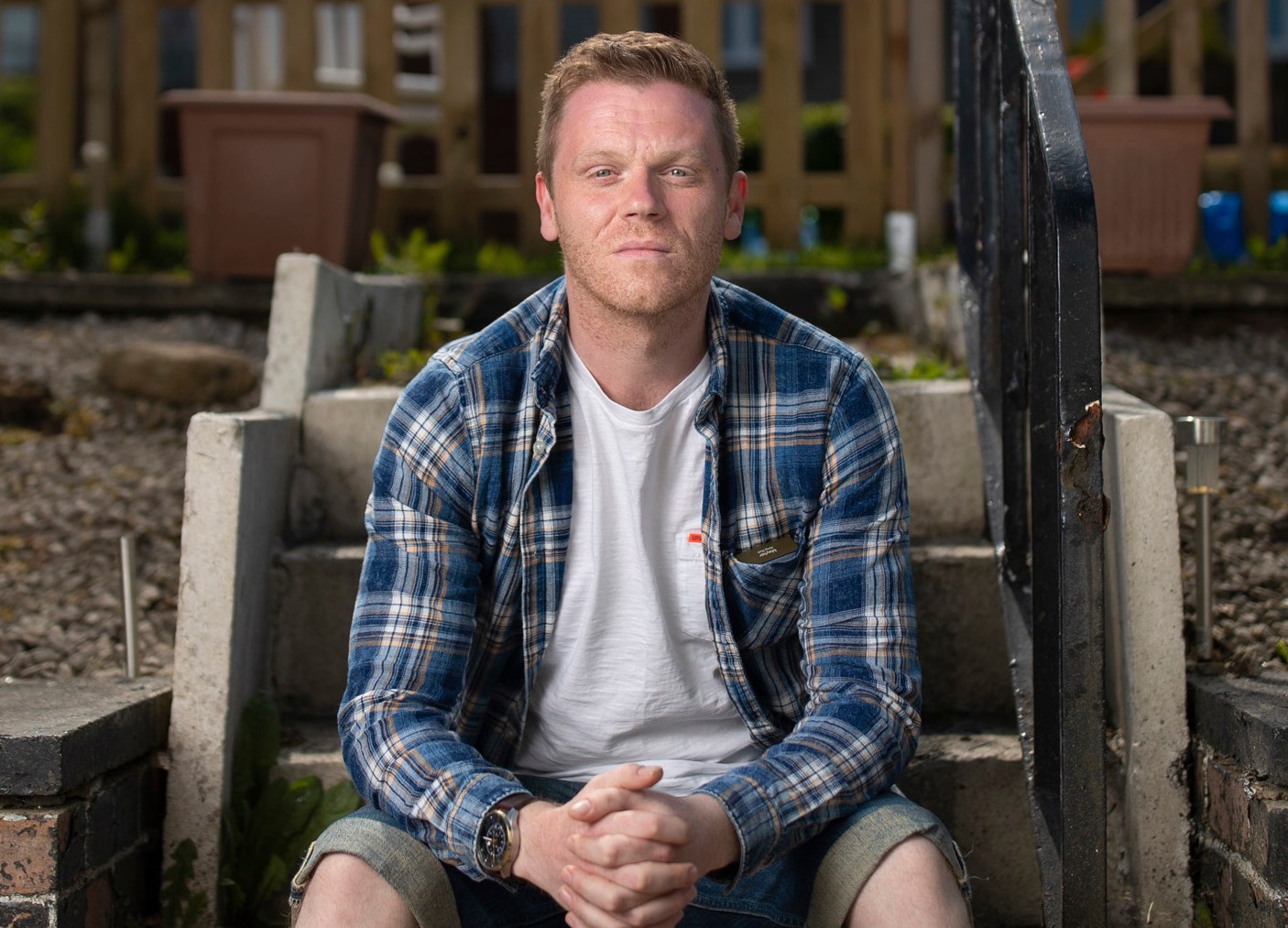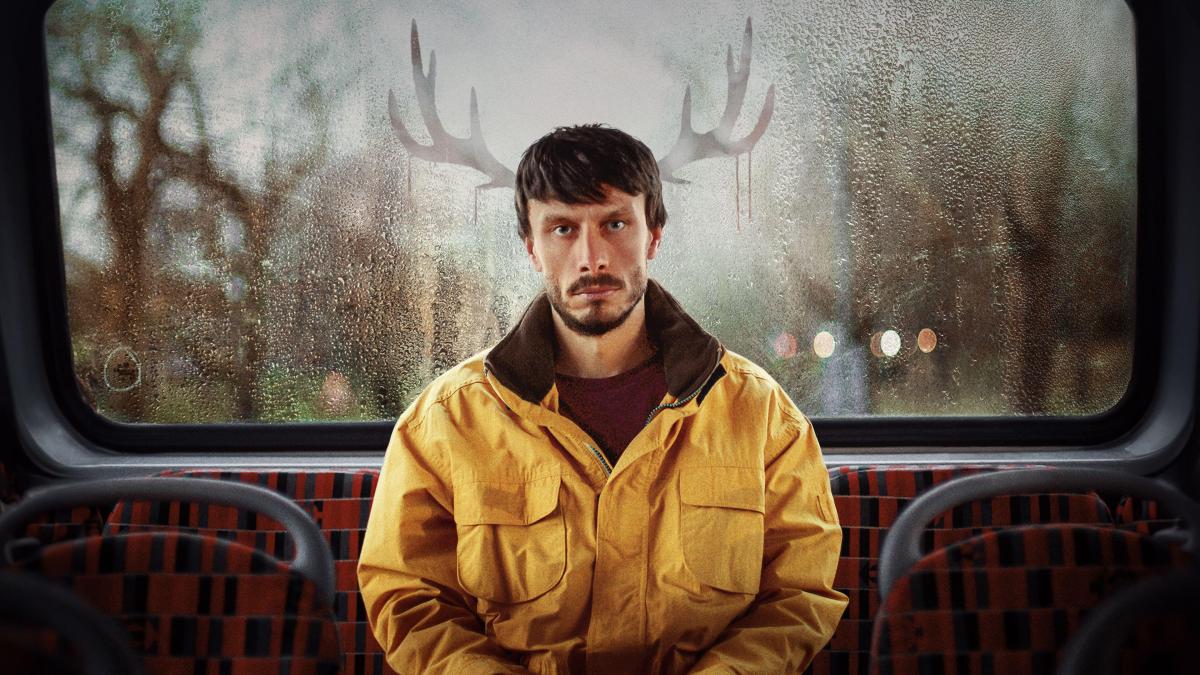It’s a familiar moral quandary for journalists. You have a vulnerable interviewee who wants to tell a powerful story that could have a big impact. But you also have a duty of care towards them and worry about the emotional consequences of them publicly sharing. When does giving someone a platform to tell their story turn into something more exploitative?
This is the dilemma with which Darren McGarvey starts his third book, Trauma Industrial Complex. He describes interviewing for a BBC documentary the mother of a 12-year-old girl who was fatally stabbed by a 14-year-old boy in Liverpool. “As [she] speaks, I lose track of the details, drawn instead to her face. Her expression, a hypnotic blend of rage and sadness. In her eyes, I see the same desolation parents display when cradling their dead children in images beamed from war zones.” He says she had “the most severe case of untreated trauma” he had ever encountered. She has told her story over and over to try to change the law on knife possession — and McGarvey grapples with the ethics of giving this wounded woman a platform.

It’s an arresting way to introduce us to the trauma industrial complex, which he defines as “the system in which the very real and urgent issue of mass unacknowledged, untreated trauma is commodified, medicalised and repackaged for profit, validation and influence”. He argues that we see it everywhere — on social media, television and the press — and it powers self-help industries and political campaigning.
But telling people’s stories can quickly become exploitative. For instance, McGarvey wonders whether the hugely successful Netflix drama series Baby Reindeer, which drew on the comedian Richard Gadd’s traumatic experiences, was a responsible endeavour. He cites the example of Stephen Dymond, a man who took his own life after appearing on The Jeremy Kyle Show in 2019. An inquest concluded that there was no causal link between the programme and his death, but he had a history of suicide attempts and was reportedly left “distraught” after he failed a lie detector test about whether he cheated on his partner live on air.
The book’s opening section is peppered with tantalising hints of the ethical risks involved. There are the dangers for those sharing their trauma, that they might be doing so in a misplaced belief that it will not only heal them, but cause the social change that would give their suffering meaning. And what happens when personal narrative is mistaken for universal truth? What about when one person’s lived experience is taken as representative of a whole subsection of society?
He writes that “there’s a risk — and it’s not a small one — when people with lived experience are positioned, or come to position themselves, as ‘experts’” in public health or clinical decision-making. McGarvey is worried that our collective appetite for hearing traumatic stories means we might end up “elevating the loudest and most relatable voices over the most rigorous ones.”
But then less than a third of the way through the book, perhaps aware that he’s bitten off more than he can chew, he narrows its remit. McGarvey becomes “primarily concerned with addressing one specific conundrum: how do we protect the integrity of lived experience stories and the safety of storytellers?” He then focuses on his own experience of putting his traumatic experiences into the public domain.
• What we’re reading for summer 2025 — by Rachel Reeves and more
We hear how ill-equipped he felt to deal with the success of his first book, the polemical Poverty Safari. This gritty account of the causes of poverty, which draws on his life growing up in a poor part of Glasgow with an alcoholic mother, and of his own adult recovery from addiction, won the Orwell Prize in 2018. Talking about his experiences on the BBC triggered “an unbearable state of mania” as emails started to pour in and his phone beeped continuously. It culminated in an alcohol and drug binge that left him feeling suicidal and drove him back to rehab.
McGarvey writes with brutal honesty about his mixed motivations for sharing his story; how it was about validation as much as anything else and how the reality of his story is more complicated than his public narrative about trauma, poverty and class. He describes how he feels he “dined out” on his grief, using it as an excuse for his addiction, and how it left him trying to put the toothpaste of his trauma back in the tube.

The author and Orwell Prize winner Darren McGarvey
JAMES GLOSSOP FOR THE TIMES
McGarvey’s conclusions are intended for two audiences. There’s a warning to those who have experienced trauma to be wary of throwing themselves into political campaigning in the futile hope that it will heal them; it’s clear that McGarvey sees his own work in this area as an avoidance tactic. Today he is devoting himself to the recovery movement, which “actively resists the temptation to become embroiled in politics or contentious matters of public debate”. There’s also a sensible list of suggestions for how media and campaigning organisations should show a greater duty of care to those whose trauma they are giving a platform to.
But those tantalising ideas McGarvey dropped into the earlier part of his book — his belief that adversity “doesn’t grant us special rights or privileges to shape policy or clinical care”, or how trauma narratives are only welcomed if they toe approved political lines on things like race and class — are left unexplored. I think there is a problem with traumatised people being afforded a higher moral status in public debate, making it look cold-hearted or insensitive to argue against their proposals. Doesn’t it become harder to question tighter internet regulations if they’ve been advanced by parents who have lost their children in the wake of harmful online interactions?
• Read more book reviews and interviews — and see what’s top of the Sunday Times Bestsellers List
It’s also notable that not all trauma is equal: certain people’s trauma counts for more than others. So we see an NHS Trust prioritising the trauma of male doctor who identifies as female, and would find it upsetting not to be allowed to use the female changing room at work, over the trauma of a female nurse who had been sexually assaulted and needed access to a single-sex changing room. These trauma hierarchies are unexplored by McGarvey.
At times Trauma Industrial Complex feels like it was written more to help McGarvey process his own life story than to shed light on this fascinating social phenomenon. Perhaps that’s fitting for a book that at times reads like a farewell to the public sphere.
Trauma Industrial Complex: How Oversharing Became a Product in a Digital World by Darren McGarvey (Ebury Press £22 pp320). To order a copy go to timesbookshop.co.uk. Free UK standard P&P on orders over £25. Special discount available for Times+ members
